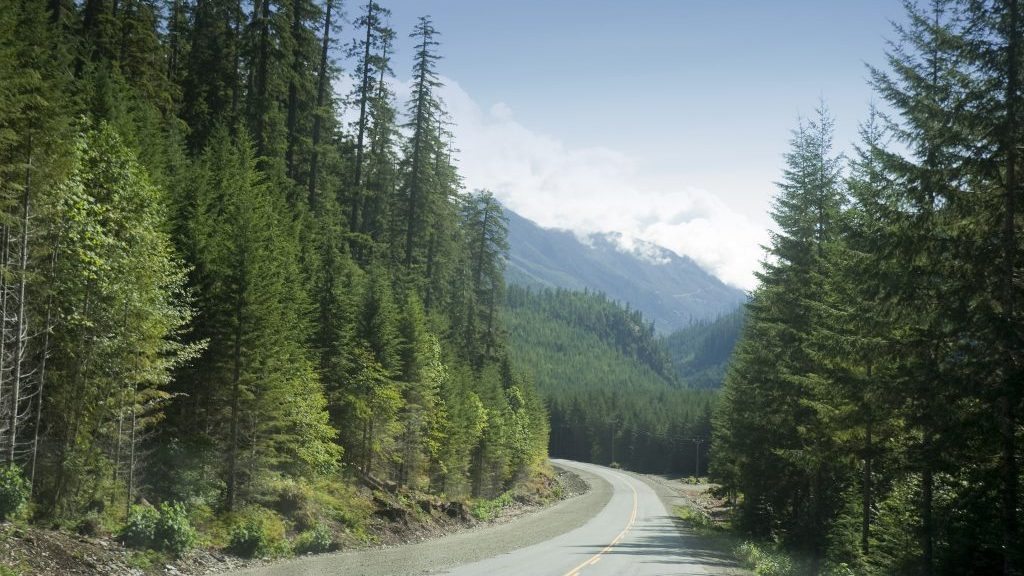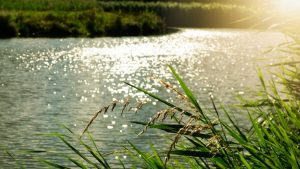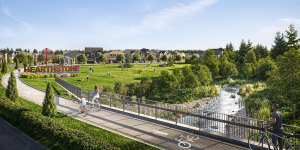Rural onsite construction services are a different animal from their urban counterparts.
A partial list of onsite services in urban Canada includes such activities as site preparation and rehabilitation; scaffolding; onsite and access roadbuilding; site security; portable toilets; temporary offices, lodging and catering; and post-project landscaping.
But a visitor to a construction project in the great outdoors is liable to encounter some onsite services that are a little off the urban beaten path.
For example, Twin Sisters Native Plants Nursery in northeastern B.C., supplies plants, shrubs, trees and grasses for rehabilitation and restoration projects in the region.
Founded in 2013 by the adjacent-lying Saulteau First Nations and West Moberly First Nations, Twin Sisters collects seeds that are native to British Columbia and Alberta in order to grow regional vegetation that can be planted back into its clients’ natural habitat.
“There is a lot of resource extraction in northeastern B.C. – oil and gas, forestry, pipelines – and therefore a big demand for services like ours,” said Twin Sisters spokeswoman Susan Davis.
Some traditional reclamation practices use non-native species that can inhibit restoring the land to its natural state, Davis said.
Twin Sisters, however, uses plant species native to the region to minimize the environmental impact and return an area under reclamation to its pre-resource extraction state.
“We supply 90 native plants and we’re aiming to expand to 125,” said Davis. “The company subcontracts the actual planting to professional planters, often student tree-planters during their downtime.”
With 35 clients, Twin Sisters shipped 500,000 seedlings in 2018.
To propagate the plants, the company has two greenhouses, each of which is 7,000-square-feet in area.
The company does all this with a small staff of between one and 20 people, depending on the time of year, with the average of seven.
Not all Indigenous businesses are as small or as specialized as Twin Sisters.
For example, the Tahltan Nation Development Corporation (TNDC) provides a wide variety of onsite construction services for businesses operating in Tahltan Traditional Territory (TTT) in northwest B.C.
TTT covers 93,500 square kilometres, more than 11 per cent of B.C.
CEO Peter Arendt said the TNDC has partnerships with a variety of companies that enable it to provide a range of onsite services, including catering and management, road construction and maintenance, communications and information technology management, environmental consulting and tunnelling.
The TNDC provides year-round construction work on the tailings pond at the Red Chris Mine and the maintenance of its access road.
It also provides camp catering and housekeeping services for the 300-person camp.
In 2018, it carried out earthworks projects and access road maintenance
at Teck Resources/Newmont Mining’s Galore Creek exploration project.
The TNDC also took part in geological field work and mine reclamation, access road improvements and clean-up of contaminated soils in and around the former mine site on Seabridge Gold’s Johnny Mountain exploration project.
“We employ full-time and part-time personnel,” said Arendt. “Employment fluctuates seasonally. It peaks in the summer, with up to 150 staff in 2018.”
Although it is located at the diagonally opposite corner of the province, in southeastern B.C., the Nupqu Development Corporation, like the TNDC, provides a variety of onsite services.
In addition to forestry and environmental projects, Nupqu provides services to BC Hydro substation upgrades in the region.
They include site procurement, first aid and environmental monitoring.
“We’re a busy, medium-sized company,” said Nupqu general manager Aaron Higgs. “We do about 70 projects per year.”
Nupque – which means “black bear” – provides services in the Ktunaxa Traditional Territory and is owned by the four communities of the Ktunaxa Nation.
Ktunaxa Traditional Territory covers a huge area in eastern B.C., western Alberta and northern Idaho and Montana. The portion in Canada is 70,000 square kilometres.
Nupqu has 70 employees, about one-half of whom are Ktunaxa citizens.
Not all Indigenous economic development corporations and businesses take the same approach to partnerships with other organizations, said Lana Eagle, a member of B.C.’s Indigenous Business and Investment Council.
“Some of them separate themselves from band politics, and others don’t,” she said. “Some of them like to work with each other, while others prefer to work by themselves. Every community is different.”
Eagle said early engagement with First Nations is essential to a successful business partnership.
“If you’re not sure who to deal with, just ask the chief and council,” she said. “They’ll tell you who to talk to.”











I have nothing but admiration for this project. Kudos to all involved, a great partnership !